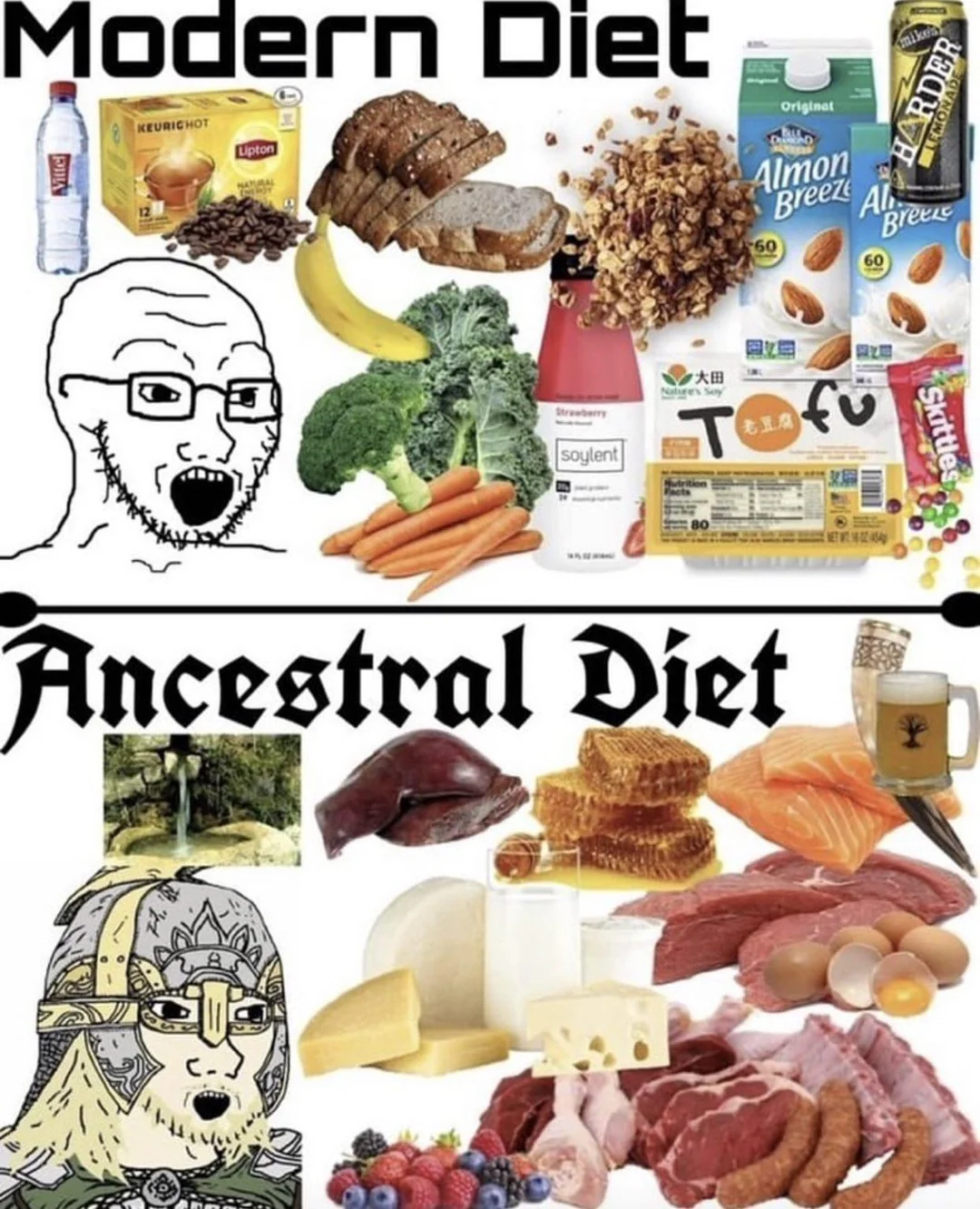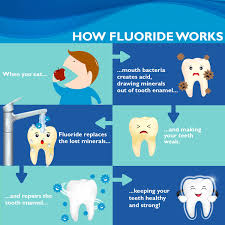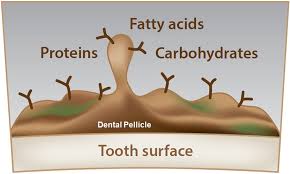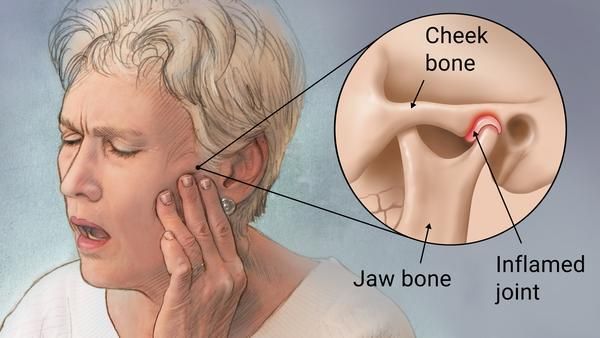The dramatic dietary shift consumed by our ancestors to the modern diet has significantly lessened the need for chewing. Our diet contains soft-food abundant in processed items. On the other hand, our ancestors used to consume tough, fibrous foods. This dietary evolution underscores the profound effect of food habits on craniofacial development.
Effect on Jaw Bone
Modern diet consist of soft, processed foods that require less chewing compared to the tougher, fibrous diets of our ancestors. This reduced mechanical stress on the jaw during growth period of a child has led to smaller jaw sizes. Chewing hard, fibrous foods, like raw vegetables, nuts, and tough meats, stimulates jawbone growth. Without this stimulation, the jaw does not develop to its full potential, leaving less room for wisdom teeth to erupt properly.
In industrialized societies areas wisdom teeth problems are more common due to consumption of processed foods and soft diets. On the other hand, populations in rural settings include tougher traditional foods. They, therefore, tend to have larger jaws and fewer issues with wisdom teeth.
Effect on Teeth
Increased Risk of Malocclusion: A smaller jaw and has narrower dental arches. The erupting teeth may not have enough room to align naturally. It contributes to misaligned teeth like crowding, overbites, underbites, and crossbites.
Impacted Wisdom Teeth: The smaller jaw size prevalent in modern populations often leaves inadequate room for wisdom teeth to erupt correctly. It quite frequently results in impaction of wisdom teeth. The impaction is failing of wisdom teeth to emerge fullyin a mouth. It potentially grows at problematic angles that causes frequent episodes of swelling, pain, infection or damage to nearby teeth.
Increased Tooth Decay: Modern diets foster an environment conducive to tooth decay. A concerning observation is that wisdom teeth often succumb to this decay even before they have fully erupted.
Delayed Eruption: Wisdom teeth, generally make their appearance, in an oral cavity, in late adolescence or early adulthood, between 17 and 25 years old. However, the influence of modern dietary habits and reduced jaw size is significantly altering this pattern, frequently causing delayed or failed eruption and subsequent problems. Notably, it’s consistently seen in this generation that wisdom teeth can continue to erupt surprisingly late, sometimes as late as 40 or 50 years of age.
Genetic Adaptations: Modern diets have reduced the functional need for wisdom teeth. While these teeth were once essential for our ancestors’ diets, they are now often considered vestigial and problematic in the context of modern human anatomy and dietary habits. Over the period of time, some populations have evolved to have fewer or no wisdom teeth. Research studies show that up to 35% of people are born without at least one wisdom tooth, and some are born without any.
It is therefore, mandatory to adopt a diet rich in whole, unprocessed foods that require chewing and contain essential nutrients.







